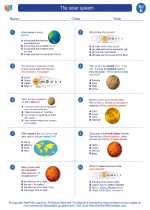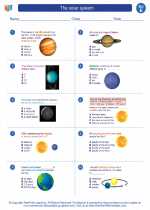Hibernation
Hibernation is a state of inactivity and metabolic depression in animals, characterized by lower body temperature, slower breathing, and lower metabolic rate. It is a survival strategy that helps animals conserve energy and survive harsh conditions such as extreme cold or food scarcity.
Factors that Trigger Hibernation
- Temperature: Hibernation is often triggered by dropping temperatures in the environment.
- Food Availability: Limited food sources can also prompt animals to enter hibernation to conserve energy.
- Day Length: Changes in day length and light exposure can influence the hibernation patterns of some animals.
Animals that Hibernate
Many mammals and some reptiles, amphibians, and insects hibernate. Common hibernating animals include bears, groundhogs, chipmunks, and some species of bats.
Physiological Changes during Hibernation
During hibernation, animals experience various physiological changes:
- Lower Body Temperature: Animals reduce their body temperature to conserve energy.
- Slower Metabolic Rate: The metabolic rate of hibernating animals decreases significantly, helping them conserve energy.
- Decreased Heart Rate and Breathing: Hibernating animals have reduced heart rate and breathing rate, further conserving energy.
Adaptations for Hibernation
Animals that hibernate have specific adaptations to survive this period of dormancy:
- Fat Reserves: Hibernating animals build up fat reserves during periods of plenty to sustain them through hibernation.
- Den or Burrow: Many hibernating animals seek out protected dens or burrows to hibernate in, providing insulation and protection from predators.
- Behavioral Changes: Hibernating animals exhibit changes in behavior, such as reduced activity and increased rest, to conserve energy.
Study Guide
Here are some key points to remember about hibernation:
- What is hibernation?
- What triggers hibernation in animals?
- Which animals are known to hibernate?
- What physiological changes occur during hibernation?
- What adaptations do hibernating animals possess?
Understanding hibernation is important for grasping how animals adapt to their environments and survive challenging conditions. It also provides insights into the remarkable biological strategies that have evolved in the animal kingdom.
.◂Science Worksheets and Study Guides Fifth Grade. The solar system

 Worksheet/Answer key
Worksheet/Answer key
 Worksheet/Answer key
Worksheet/Answer key
 Worksheet/Answer key
Worksheet/Answer key
 Vocabulary/Answer key
Vocabulary/Answer key
 Vocabulary/Answer key
Vocabulary/Answer key
 Vocabulary/Answer key
Vocabulary/Answer key
